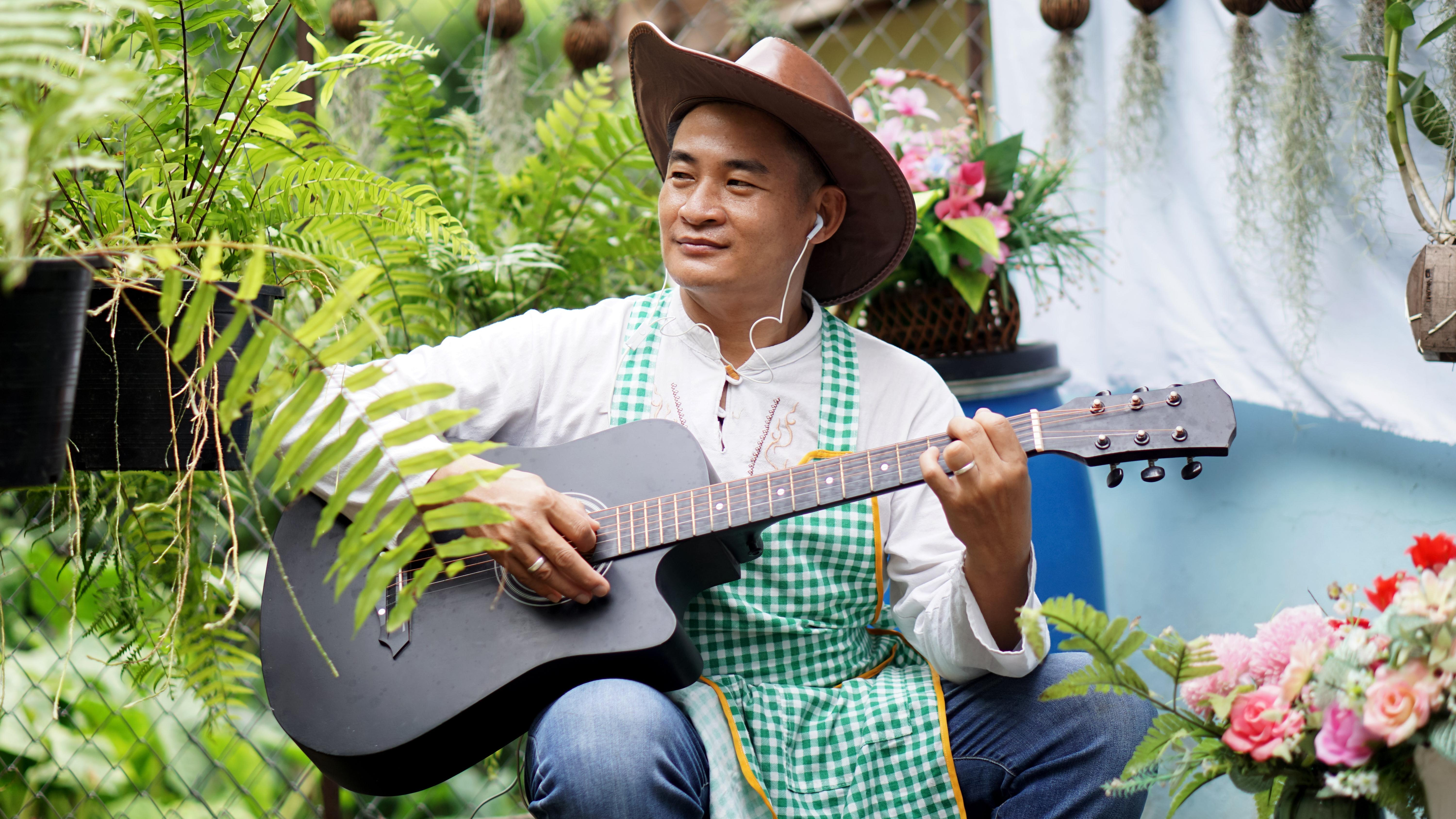Go Ahead, Sing To Your Vegetable Garden
Jennifer Garner's latest viral video is backed by science.
In today's "Stars! They're just like us!" news, Jennifer Garner has also spent the last couple years dedicating her life to plants. She recently posted a video to her Instagram in which she can be seen singing to her vegetable garden, TODAY reports, with a caption reading, "Fun fact: singing to your veggies helps them grow." It's a common theory that I've heard most of my life: Talk and sing to your plants if you want them to thrive. But does it actually work? And where did the idea come from in the first place?
The origin of the “sing to your plant” theory
It was philosopher Gustav Theodor Fechner who first proposed the idea that plants have a soul and as such need to have interactions that feed that soul. In his 1848 work Nanna oder über das Seelenleben der Pflanzen, Fechner details the idea of panpsychism, which supposes that every living thing also has a mind or "mindlike aspect." Companionship, he posited, is what all living beings crave, so speaking to your plants, singing for them, and spending time with them will cause them to thrive.
Now, we can take all this with a grain of salt, as it's been reported that Fechner came up with this theory during a mystical experience at the end of a mental breakdown, during which he swore he could see the illuminated souls of the plants and flowers in his garden. But that doesn't mean his proposed actions towards plants are without merit.
How singing to your plant can help it grow
There have been many studies over the years on whether music itself affects plant growth and if the type of music or voice matters. In 2014, two researchers with the International Journal of Environmental Science and Development discovered plants that were exposed to Vedic chants or Indian classical music had a higher number of flowers that were bigger in size than plants that were exposed to Western classical or rock music. In 2009, NPR reported on a study claiming that tomato plants that were exposed to female voices grew two inches taller than those exposed to male voices.
The vibrations that come from sound could be affecting plant health as well—a 2014 study published in Springer Nature proved that the vibrations from the sound of insects chewing caused plants to release a chemical defense to protect themselves from insects, though it wasn't entirely conclusive on whether that response was necessarily encouraging growth.
Based on our most basic understanding of plant life, regularly singing and speaking directly into your plants will at the very least be feeding your vegetable garden the carbon dioxide it needs for photosynthesis. According to the Farmer's Almanac, you can best put this theory to use by singing songs that make you breathe the heaviest to push as much carbon dioxide into the plant as possible.
So queue up those showstoppers next time you're heading out to your vegetable garden to give your plants a little extra oomph. It certainly can't hurt, and you'll be (literally) jazzing up your gardening routine in the process.
